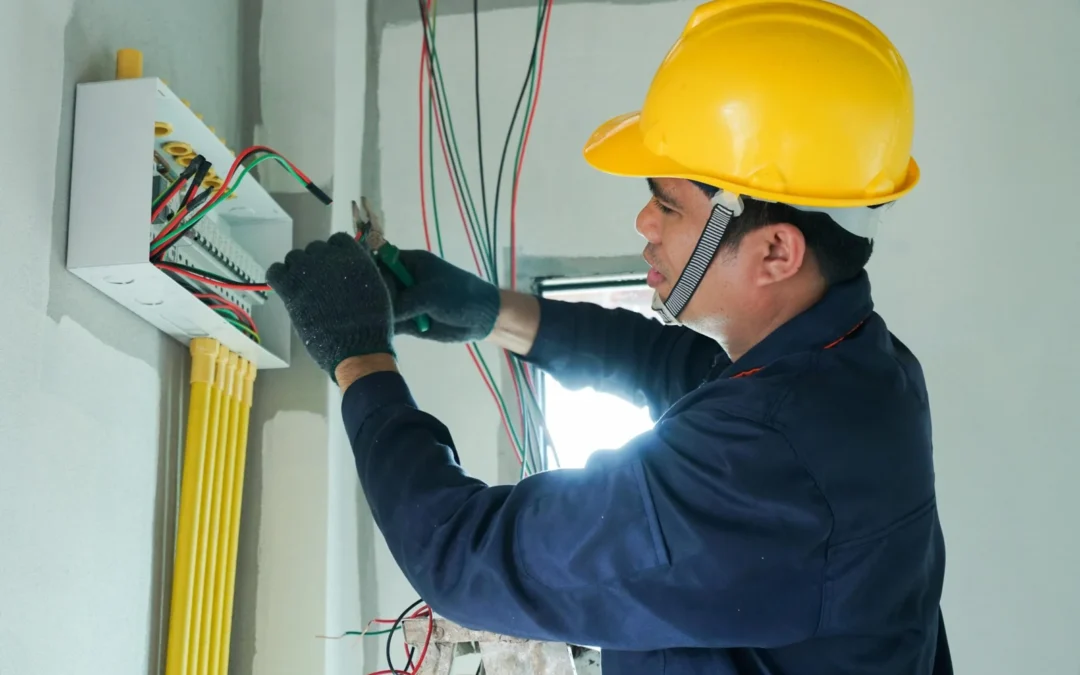The difference between a qualified electrician and an NICEIC or NAPIT approved electrician lies in their level of certification, accreditation, and recognition:
Qualified Electrician:
1. Training and Competence: A qualified electrician has typically completed an apprenticeship or a formal training program in electrical installation, wiring, and safety. They possess the knowledge and skills necessary to perform electrical work.
2. Licensing and Certification: Qualified electricians may hold relevant licenses or certifications that demonstrate their competence and authorize them to perform electrical installations, repairs, or maintenance work. These certifications can vary depending on the region and applicable regulations.
3. Scope of Work: Qualified electricians can generally handle a wide range of electrical tasks, including installing new wiring, repairing electrical systems, and performing maintenance. They adhere to national and local electrical codes to ensure their work meets safety standards.
NICEIC or NAPIT Approved Electrician:
1. Accreditation: NICEIC (National Inspection Council for Electrical Installation Contracting) and NAPIT (National Association of Professional Inspectors and Testers) are independent regulatory bodies that provide accreditation to electricians and electrical contracting companies. These organizations maintain high standards for electrical safety and quality.
2. Assessment and Verification: To become NICEIC or NAPIT approved, electricians or electrical contractors undergo a rigorous assessment process. This includes evaluating their technical competence, safety practices, and adherence to the latest industry standards and regulations. The assessment covers areas such as training, qualifications, work quality, and customer service.
3. Regular Inspections: NICEIC and NAPIT approved electricians are subject to regular onsite inspections of their work. Assessors from these organizations will visit job sites to ensure that the approved electrician or contractor is adhering to the required standards, using appropriate materials, and complying with safety protocols.
4. Certification and Reporting: Approved electricians can provide certification and reports for the work they carry out. For example, they can issue Electrical Installation Condition Reports (EICRs) that detail the condition of an electrical installation and any necessary remedial work. These reports are recognized and trusted by local authorities, insurance companies, and potential buyers or tenants.
5. Consumer Confidence: The NICEIC and NAPIT approval provides consumers with added confidence and peace of mind. It indicates that the electrician or contractor has undergone a thorough vetting process and is committed to maintaining high standards of workmanship and safety. This recognition can enhance their reputation and provide a competitive advantage in the marketplace.
In summary, while a qualified electrician has the necessary training and certifications to perform electrical work, an NICEIC or NAPIT approved electrician has undergone additional assessment, verification, and ongoing inspections to ensure their work meets the highest industry standards. The approval from these organizations provides an extra layer of assurance to consumers and stakeholders regarding the safety and quality of the electrical work performed.

